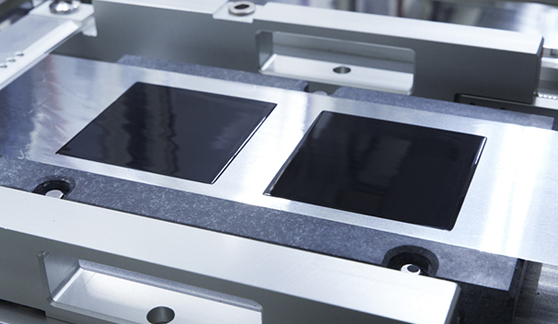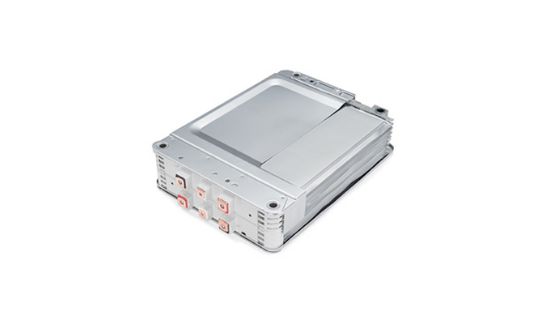Lithium-iron-phosphate batteries
LFP technology can lower EV battery costs and increase longevity
Lithium-iron-phosphate (LFP) batteries are known for their high thermal stability, shock resistance and longevity. They’re also inexpensive to produce because they don’t use rare earth metals such as cobalt and nickel. Nissan aims to establish an industry base and strengthen storage battery supply chains in Japan by developing and mass-producing LFP batteries domestically while also contributing to green transformation (GX) by promoting the use of EVs equipped with LFP batteries.
LFP battery characteristics
Currently, EVs commonly use a lithium-ion battery, which are classified as a ternary-type battery due to the use of three main materials that make up the cathode (positive electrode): nickel, cobalt and manganese.
In contrast, the cathode material in LFP batteries is composed of lithium (Li), iron (Fe) and phosphorus (P).
LFP batteries offer the following advantages over traditional lithium-ion batteries:
1. Low production cost
Unlike traditional lithium-ion batteries that use rare earth metals such as nickel and cobalt, LFP batteries use iron and phosphorus that are both more abundant and lower in cost to source.
2. High thermal stability and impact resistance
Due to its composition, LFP batteries offer high thermal stability and a low risk of ignition, making it an appealing option for use in high-temperature environments.
3. A longer life cycle
Batteries used for energy storage generally degrade over time due to repeated charge and discharge cycles. However, Nissan aims to produce LFP batteries that can offer up to double the life cycle of traditional lithium-ion batteries.
Improving LFP battery performance
LFP batteries have a lower energy density which limits the available driving range in EVs versus traditional lithium-ion batteries. Nissan is working to counter this through continued research and development. In September 2024, Nissan's development and mass production efforts of LFP batteries was certified by Japan’s Ministry of Economy, Trade and Industry (METI). Nissan ultimately aims of offering LFP as a viable option alongside other battery types, including ASSB and lithium-ion batteries, to meet diverse customer needs.



